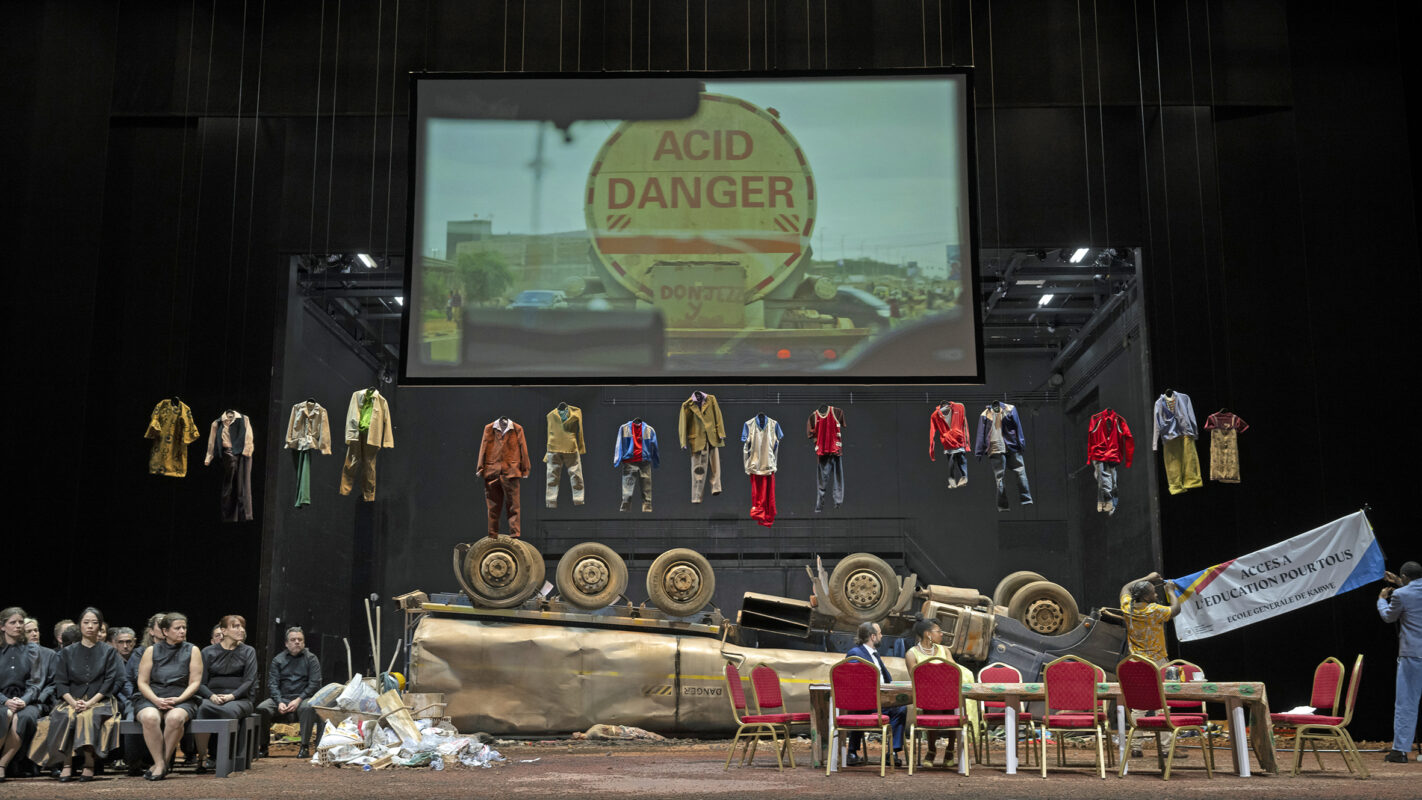"360-degree panorama of musical training".
Do-re-mi for two in a small room: is this the daily routine of a music teacher? Since June 2021, an enlarged working group under the leadership of the Swiss Association of Music Schools has been closely examining the profession and developing a modern professional profile.

The path for future music teachers is well mapped out. After passing the entrance exams for a university, students complete a Bachelor's and Master's degree, the latter with a focus on music pedagogy and specialized didactics. They then go on to teach as freelancers or in a music school, often on a part-time basis in order to retain sufficient space for their own artistic work. This concise summary doesn't quite do justice to the many possibilities available after graduation. What exactly is music teaching? Individual instrumental instruction for school-age children? Running a music and movement program? Leading a parent-child singing workshop, senior ensemble, youth orchestra, musical groups of all styles? Team teaching with compulsory school teachers? Organizing and directing musicals and concerts? Developing a range of creative music on the smartphone or computer?
Unifying understanding of the profession
In November 2023, the working group, made up of members of various associations and representatives of universities and music schools from all over Switzerland, published the Professional profile - Music teacher. This document is intended to serve as a basis of reference for music students, music colleges, education authorities and politicians alike. Conceived as an update of the guidelines drawn up in 2006, it provides an overview in four chapters of topics such as the educational mission, vocational and continuing training, and the teaching and learning of music.
The student at the center
The working group attached particular importance to the principle of a "student-centered" approach. Music teachers must adapt to the person they are addressing. In particular, they need to take into account the different biographies and individual experiences of their students. To do this, teachers need to adopt an inclusive approach and be sensitive to the diversity of needs and particular learning profiles. As Céline Shuler, head of the Rythmique Suisse secretariat, points out, this approach is of decisive importance in the field of music and movement, particularly when it integrates the bodily dimension.
General support and talent development: music for all
The professional profile also emphasizes that music teachers are ambassadors for music education and are committed to equal opportunities. "According to Marcel Blanchard, Director of the Zurich Conservatory's School of Music, "Music teachers lead their students to practice music both broadly and at a high level. Similarly, Matteo Piazza, President of the Ticino music school association FeSMuT (Federazione delle Scuole di Musica Ticinesi), stresses the importance of equal opportunities in music education, as enshrined in Article 67a of the Swiss Federal Constitution.
Continuing to evolve and reflect
The principle of lifelong learning also applies to music pedagogy. This learning can take many forms. The guidelines mention coaching, team teaching and participation in continuing education programs in both the pedagogical and artistic fields.
Raising public awareness
Music teachers in the sense of the professional profile are creative people, musical role models, able to motivate, possess organizational and project management skills, but can also be spontaneous if necessary, interested in current developments and able to collaborate in different teams. But are there any music teachers who meet such high standards? "Yes, of course, many aspects are not new and are already experienced in this way," says Christian Braun, Director of the St. Gallen School of Music. "Unfortunately, many facets of this remarkable profession are not yet public knowledge," adds Philippe Müller, director of the Cercle Lémanique d'Études Musicales in Lutry. Julien Feltin, Director of the Ecole de Jazz et de Musique Actuelle in Lausanne, describes the document as a "360-degree panorama of musical training in Switzerland". For the working group, it is clear that the professional profile must serve as a source of inspiration and a basis for reflection and evolution. At the same time, it must highlight the potential of music training, with the aim of continuing and improving the integration of the offering throughout Switzerland, both structurally and politically.
The professional profile is available
in German https://www.verband-musikschulen.ch/de/musikschule/musikpaedagogik/berufsleitbild
in French https://www.verband-musikschulen.ch/fr/musikschule/musikpaedagogik/berufsleitbild
in Italian https://www.verband-musikschulen.ch/it/musikschule/musikpaedagogik/berufsleitbild








